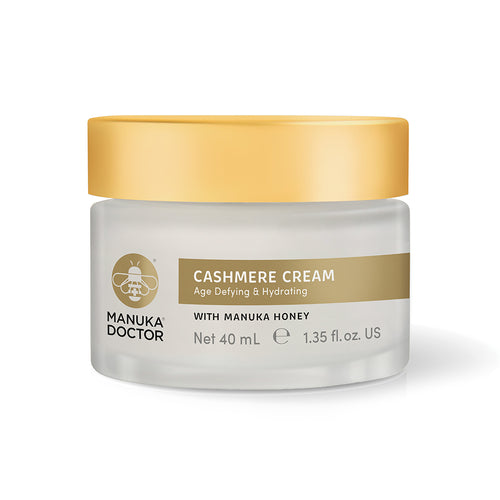Our digestive health supplement has been designed for the maintenance of a calm and healthy digestive system. Tummy Bee Calm contains, Turmeric, Lactobacillus acidophilus, Ginger root and Calcium as well as our New Zealand Manuka Honey.
But what do each of these key ingredients do to maintain a healthy digestive system?

Turmeric
A traditional herbal remedy used in India and China for a range of health problems such as digestion, turmeric contains an important compound called Curcumin which has many beneficial effects. A Canadian Study from 2014 found that taking Turmeric helped protect the digestive tract through its anti-inflammatory properties, working to reduce inflammation in the gut1.
Curcumin has also been shown to improve common symptoms associated with irritable bowel syndrome such as abdominal pain and discomfort2. Finally, in a high-level Japanese Study of more than 80 people, it was shown to be effective in maintaining remission in people suffering from inflammatory bowel disease3.
Turmeric has also been shown to increase the numbers of healthy bacteria in our gut known as our microbiota, which is extremely important for healthy digestion4.
Lactobacillus acidophilus
Our intestines are made up of many bacteria and other microorganisms known as our gut microbiota, and these bacteria are extremely important for our overall digestive health5. Lactobacillus acidophilus is a common bacteria that makes up our microbiota, and is particularly important for healthy digestion to break down lactose found in dairy products such as milk6.
Lactobacillus acidophilus is referred to as a probiotic, which according to the World Health Organisation is defined as ‘a live microorganism which when administered in adequate amounts offer a health benefit on the host’7. Most of us are used to taking probiotics in the form of foods such as yoghurt drinks, so we have compressed the live bacteria Lactobacillus acidophilus into easy to take tablets and coated them in a special capsule which means they can have a long shelf life of up to two years8.
Taking probiotics is recommended for maintaining a healthy gut microbiota, which enhances general well-being and a healthy digestive system9.
Ginger Root
Tummy Bee Calm contains 2.5mg of Ginger root extract in each capsule, which is another traditional herbal remedy that has been used for thousands of years to treat a range of ailments including digestive problems such as stomach aches and nausea10.
Ginger is rich in substances such as gingerols which have high anti-inflammatory properties, and a University in Egypt found it to be effective in the treatment of ulcerative colitis as well as other inflammatory conditions of the gut11. Ginger has also been found to be effective for relieving nausea and vomiting in pregnant woman12, and it has long been used as a successful medication to prevent nausea associated with motion sickness13. So if you are one of the 146,000 patients living with ulcerative colitis in the UK, then Tummy Bee Calm may be the supplement for you.
Calcium
We have all heard how important calcium is for healthy bones, but it also plays an important role in our gut health as according to the European Commission it contributes to the normal function of our digestive enzymes14. Digestive enzymes are important for breaking down food in our digestive system into much smaller molecules so that our body can absorb them. Calcium has also been found to play an important role in the digestion of fat, as more calcium can increase the rate that fat is broken down improving digestive function15.
Plus extra well-“bee”-ing ingredients from the hive

As well as high quality nutrients, all our supplements contain high strength (MGO 300) Manuka Honey sourced from Manuka Doctor hives in New Zealand and freeze-dried into powder. Our Manuka Honey contains the active ingredient methylglyoxal (MGO), derived from dihydroxyacetone (DHA) which is naturally present in the nectar of the Manuka Bush. The MGO that is present in our Manuka Honey is widely known for its special antimicrobial activity to fight against pathogenic bacteria16, giving all our supplements that extra wellbeing ingredient.





